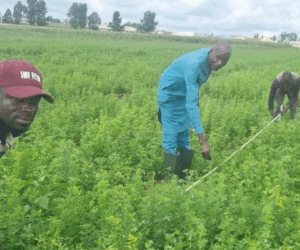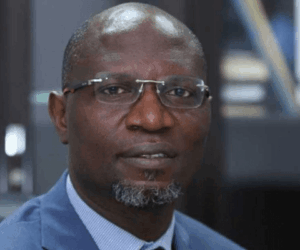Every Monday morning, an eerie silence blankets Nigeria’s Southeast—a region historically renowned for its bustling commerce and entrepreneurial vigour. From Onitsha’s sprawling markets to Aba’s manufacturing hubs, what should be the week’s most productive hours are surrendered to an enforced quietude that has become one of Africa’s most economically destructive forms of civil disobedience. The Southeast’s Monday sit-at-home order represents perhaps the most sustained case of voluntary economic pa
The silent streets syndrome
Every Monday morning, an eerie silence blankets Nigeria’s Southeast—a region historically renowned for its bustling commerce and entrepreneurial vigour. From Onitsha’s sprawling markets to Aba’s manufacturing hubs, what should be the week’s most productive hours are surrendered to an enforced quietude that has become one of Africa’s most economically destructive forms of civil disobedience. The Southeast’s Monday sit-at-home order represents perhaps the most sustained case of voluntary economic pa







